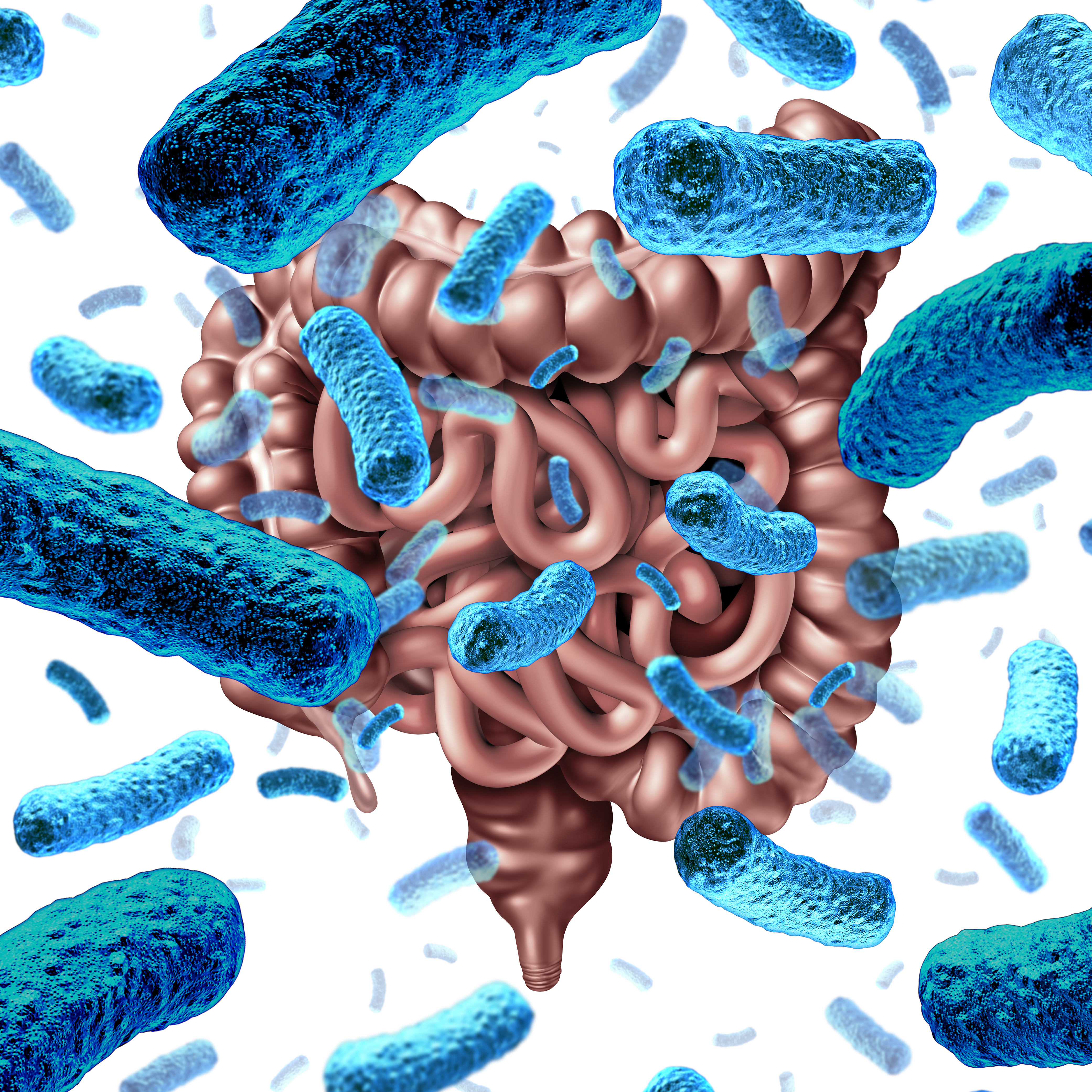
Gut Microbiome Can Play Significant Role In The Body's Response To Gluten
Attention has focused on whether environmental determinants, including gut microorganisms, contribute to the development of celiac disease. Using a humanized mouse model of gluten sensitivity, a new study in The American Journal of Pathology found that the gut microbiome can play an important role in the body's response to gluten.
"Importantly, our data argue that the recognized increase in celiac disease prevalence in the general population over the last 50 years could be driven, at least in part, by perturbations in intestinal microbial ecology. Specific microbiota-based therapies may aid in the prevention or treatment of celiac disease in subjects with moderate genetic risk," explained lead investigator Elena F. Verdu, MD, PhD, Associate Professor, Division of Gastroenterology, Department of Medicine, Farncombe Family Digestive Health Research Institute, McMaster University, Hamilton, ON (Canada).
In an accompanying Commentary, Robin G. Lorenz, MD, PhD, of the Department of Pathology at the University of Alabama at Birmingham, cautions that the specific role of Proteobacteria should not be over interpreted. Dr. Lorenz writes that these findings "implicate opportunistic pathogens belonging to the Proteobacteria phylum in celiac disease; however, this does not indicate that Proteobacteria cause celiac disease." Instead, there may be multiple potential mechanisms by which Proteobacteria enhance the exposure and immune response to gluten or gliadin, suggests Dr. Lorenz.
Celiac disease affects approximately 1% of the North American population, although it has been estimated that 83% of Americans with celiac disease are undiagnosed or misdiagnosed. According to the National Institute of Diabetes and Digestive and Kidney Diseases, celiac disease is an immune disorder in which ingestion of gluten, a protein found in wheat, rye, and barley, triggers a series of responses that result in damage to the villi lining the small intestine, which are critical for absorption of nutrients. In addition to digestive symptoms (bloating, chronic diarrhea, constipation, nausea, and vomiting), celiac disease can lead to failure to thrive, slowed growth, and weight loss in children and anemia, bone or joint pain, depression, headaches, and fatigue in adults. Other potential environmental factors related to gluten sensitivity have been explored, such as the timing of exposure to foods containing gluten or breast milk versus formula feeding, but data are inconclusive to date.
To read the entire article and more about the study visit News Medical:
http://www.news-medical.net/news/20151008/Gut-microbiome-can-play-significant-role-in-the-bodys-response-to-gluten.aspx

